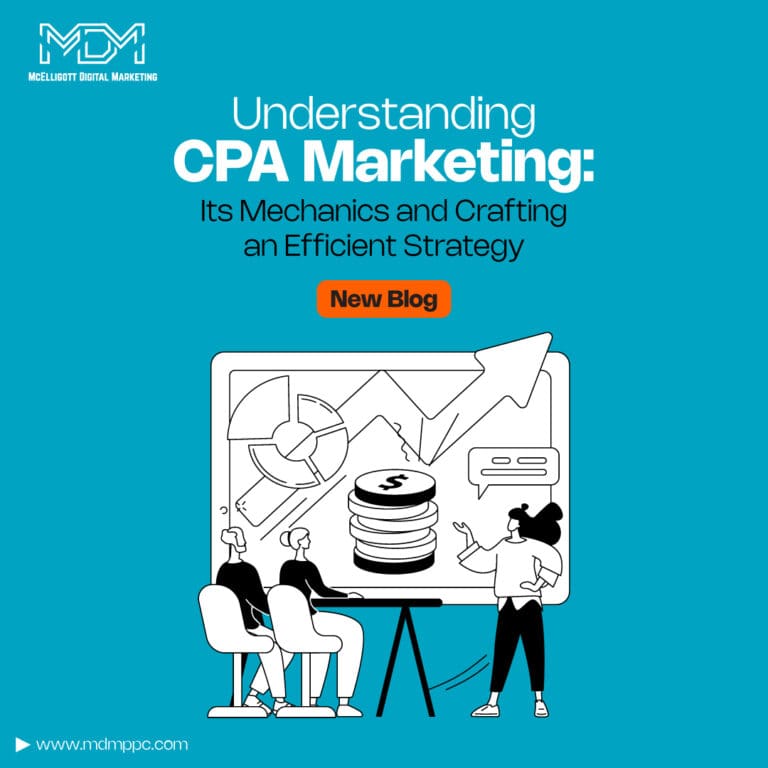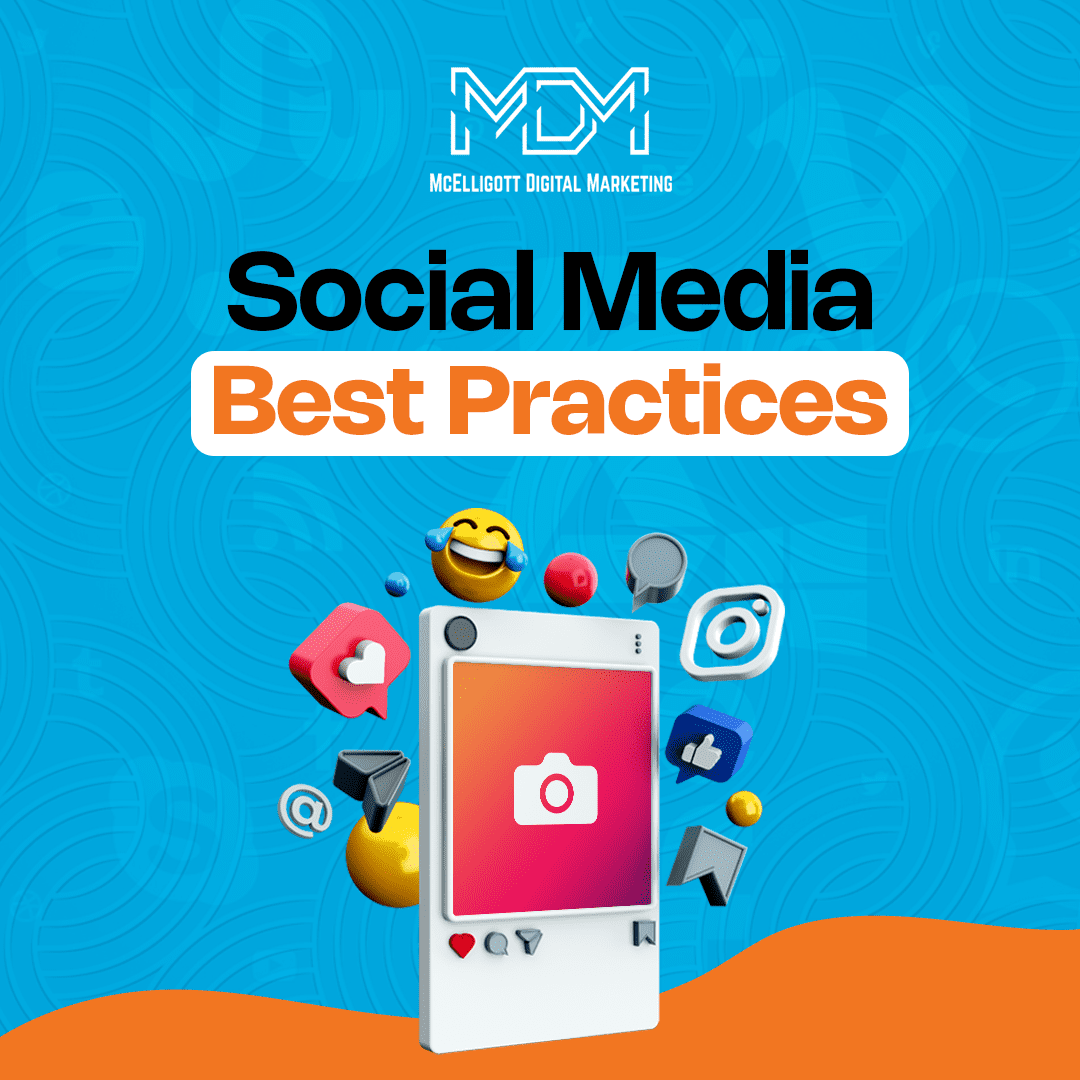CPA, or Cost Per Action, is a term that’s been buzzing in the digital marketing space, and for a good reason!
So, what’s CPA marketing all about, and why should you care?
It’s all about performance-based advertising, which means you only pay when a specific action is taken, such as a sale, lead, or download.
CPA marketing relies on an extensive network of affiliates who promote your offers.
These affiliates are the engine that drives the CPA machine. They get paid for the actions they generate- it could be anything from a click to a form submission or a sale.
As an advertiser or a business owner, you benefit because you can scale your marketing efforts while sharing the risks with your affiliate partners.
What CPA marketing is?
This is an affiliate marketing model and it has been gaining a lot of steam in the market.
The brain behind cost-per-action marketing is that businesses will be able to advertise their services and products to consumers by entering into collaboration with an affiliate.
It is based on the revenue generated by the affiliate when an individual takes a specific action.
Do you remember the last time you took an ‘action’ like filling out a form on your favorite influencer’s Instagram page.?
Now, this action doesn’t mean buying a product. It could mean:
- Signing up for email newsletter
- Filling out a form
- Attempting a questionnaire
- Downloading a guide
- Taking up a free trial
- Completing a survey, etc.
The principle behind cost-per-action marketing is that businesses will be able to advertise their services and products to consumers by entering into collaboration with an affiliate.
And the affiliate benefits by earning a commission when an internet user, a potential customer, takes action.
Are CPA marketing and Affiliate marketing the same?
The key distinction between CPA marketing and traditional affiliate marketing lies in their outcomes and compensation structures.
In CPA marketing, affiliate partners are remunerated for particular actions, whereas in affiliate marketing, the compensation is tied to actual sales.
Both CPA marketing and affiliate marketing belong to the realm of online marketing, enabling individuals to earn income by promoting products or services offered by a company. You should note that CPA marketing falls under the umbrella of affiliate marketing.
CPA marketing stands as an online advertising model where publishers receive compensation for precise actions resulting directly from their promotional efforts.
On the other hand, affiliate marketing represents a broader category of online marketing, where affiliate partners earn commissions for promoting products or services offered by other individuals or companies.
In CPA marketing, the affiliate partner’s compensation is dependent on specific actions such as user registration, clicks, or website visits. Conversely, in traditional affiliate marketing, affiliate partners typically earn their commissions based on successful product sales.
To be precise, while affiliate marketing hinges on generating sales, CPA marketing breaks free from this reliance on sales alone.
It opens up a world of possibilities where affiliates can earn for various user actions, irrespective of whether a sale takes place.
How does the CPA marketing model work?
By now, you know the definitions but you must want to know how the CPA model works in practicality.
Here are the key terms you’ll often hear along with CPA marketing:
Affiliate or publisher– This is the individual, brand, or business responsible for promoting a product or business to drive web traffic and secure specific conversions.
Business or advertiser– The brand seeking to boost sales, increase conversions, or generate leads by partnering with an affiliate to channel traffic to their website.
CPA network– These are platforms that connect us, the business, with potential affiliates. They act as intermediaries, making it easier for us to find suitable partners.
Let’s understand CPA through an example.
Suppose we are a company called “HealthyHues,” and we specialize in selling organic food products. We’re looking to expand our reach and attract health-conscious customers. In this scenario, we would utilize CPA marketing to connect with affiliates who can help us achieve that goal.
Imagine there’s a wellness blogger named “WellnessWiz.” WellnessWiz has a blog and a social media presence where they share healthy recipes and wellness tips. They have a dedicated following of health-conscious readers and followers who trust their recommendations.
So, we turn to a CPA network to find affiliates like WellnessWiz. We want to collaborate with them because they can introduce our organic products to their audience.
Here’s how the process unfolds.
- WellnessWiz displays our ads or links on their blog and social media channels, endorsing our organic products to their audience.
- WellnessWiz’s followers, who value their health advice, click on these ads and links to learn more about our products.
- Thanks to the CPA network, these clicks are tracked, and the users are directed to our HealthyHues website.
- Now, let’s say some of WellnessWiz’s followers decide to purchase on our website. That’s a successful conversion, and it’s precisely what we were hoping for.
- The CPA network records all these interactions and shares the data with us.
- We then carefully review and validate these transactions to ensure they are genuine sales.
- Once we confirm that these are indeed valid sales generated by WellnessWiz, we’re more than happy to compensate them with a commission for their efforts in promoting our products.
In this way, CPA marketing enables us, as a business, to collaborate with affiliates who have the reach and influence to help us reach our target audience. We reward the affiliates for their valuable contributions in driving sales, leads, or other actions that benefit our company.
It’s a mutually beneficial relationship where affiliates help us grow, and we, in turn, recognize their efforts by paying them a commission. That’s the essence of how CPA marketing works.
Benefits of CPA marketing for businesses
If you’re looking to promote your business online through CPA marketing, here are the benefits that you should know.
1. More audience for your business
CPA marketing offers a swift route to broaden your audience.
Collaborating with influencers allows your products to reach new eyes, potentially extending your customer base. This is particularly useful when you’re venturing into fresh audiences or demographics.
If you sell eco-friendly home products, and you team up with a popular sustainability blogger. Their endorsement not only attracts their loyal followers but also introduces your brand to a whole new group of eco-conscious consumers.
2. Brand reputation
Partnering with affiliates not only attracts new customers but can also elevate your brand’s reputation and recognition.
This establishes your brand as a frontrunner in your industry, positively influencing sales and digital presence. It also instills greater trust in your brand and its suite of products or services.
3. You can begin with low budget
CPA marketing doesn’t necessitate an in-house advertising team or ad space purchase.
You can rely on your affiliates to create content that naturally promotes your offerings. Beyond the initial effort of selecting affiliate partnerships, you can reduce your content marketing expenses.
This makes CPA marketing a cost-effective strategy.
4. Targeted traffic
Affiliates are handpicked by you, ensuring that the traffic driven to your site comprises individuals who genuinely find your product or service valuable.
Your ideal affiliates, content creators, and dedicated consumers likely have audiences that align with your target consumer base.
5. Flexibility
You can easily adjust the size of your affiliate program with minimal expense.
This scalability enables you to expand your business efficiently. You can adapt the compensation structure to match the growth of your business, attracting high-quality affiliate partnerships with competitive compensation.
Suppose you sell premium coffee beans. When a coffee enthusiast with a large following raves about your beans, it’s like having a personal recommendation to a highly targeted audience.
6. High ROI
CPA marketing boasts a superior return on investment compared to many other marketing strategies.
This is because your target audience learns about your product or service from affiliates positioned naturally within their spheres of influence. You’re harnessing the marketing efforts of affiliates with direct access and influence over a highly targeted and receptive audience.
7. Low risk
Since CPA marketing operates on a performance-based model, it carries minimal risk for both businesses and affiliates.
Payment occurs only when the desired outcome is achieved. This incentivizes affiliates to promote your offerings, and you only allocate marketing funds when your goals are met.
For instance, if you offer an online language learning platform, you only pay your affiliates when someone signs up for a paid subscription. It keeps everyone focused on the end goal.
7 CPA marketing strategies to get more conversions
1. Identify the ideal affiliate
Start by defining the characteristics of your ideal affiliate partner. This is like creating a buyer persona, but in this case, you’re crafting a profile of the perfect affiliate for your brand.
An ideal affiliate partner should be a passionate consumer of your brand. They should genuinely believe in your products or services and have firsthand experience with them.
The affiliate should have a substantial sphere of influence, which means they have a significant following, whether on social media, a blog, or another platform.
Public figures, content creators, and individuals with a public platform and a dedicated audience make strong candidates.
2. Product positioning
Once you’ve identified your ideal affiliate, the next step is to strategically position your product or service to attract them. To do this, you need to understand where potential affiliate partners spend their time, both online and offline.
Here’s how to approach it.
- Research the online spaces and communities where potential affiliate partners are active. This could include social media platforms, forums, blogs, or industry-specific events.
- Ensure that your product or service is easily discoverable in these spaces. If, for instance, you sell modern golf putters and you’re targeting a young golf influencer, make sure your products are available and visible where they naturally engage with their audience.
- Engage with potential affiliates. Comment on their content, share their posts, and build a rapport with them. This can spark their interest in your brand.
3. Fine-tune your messaging
Ensure your messaging effectively conveys the value of your product or service and aligns with the language used by your affiliate partners to avoid user confusion.
The messaging should address user pain points and showcase how your offering can solve their problems seamlessly.
4. Establish multiple goals
While the ultimate goal may be conversion, it’s beneficial to set multiple goals that help you track user behavior.
Set diverse goals, such as time spent on a page, pages viewed, or engagement with specific content, to gain insights into how users interact with your site and content.
Analyze the data from these goals to make informed decisions about how to optimize your landing pages.
5. Implement A/B testing
Create multiple versions of your landing pages with variations in design, content, and call-to-action elements.
Monitor user interactions and conversion rates for each variation to identify which version performs best and use it as your optimized landing page.
6. Review budgets more often
Once you have data from your initial CPA marketing campaign, review your budget.
Consider your existing PPC or other advertising budgets as a reference point to set an initial budget. As you gather more data and see positive results, consider increasing your budget to show your brand to influencers and affiliate marketers with larger followings.
7. Affiliate partnership awareness
Finally, create awareness about your affiliate partnership program. If potential affiliates aren’t aware of these opportunities, they won’t consider applying.
Actively promote your affiliate partnership program through various channels. This can include announcements on your website, social media, email newsletters, and even industry-specific events.
Simplify the application process for potential affiliates. The easier it is for them to apply and join your program, the more likely you are to attract suitable partners.
Grow your business online with McElligott Digital Marketing
While CPA marketing has huge potential, it often works best when combined with your existing digital marketing campaigns.
Continue to refine your digital advertising strategies and leverage successful approaches from one campaign to enhance the other.
However, it’s not practically possible to keep your focus on your business and craft digital marketing strategies that generate revenue.
McElligott Digital Marketing takes care of it for you.
Our digital marketing strategies cover a wide range of services from PPC, SEO, email marketing, social media marketing, and branding, to web design.
Want to learn more?
Schedule a FREE consultation with our digital marketing team today.





